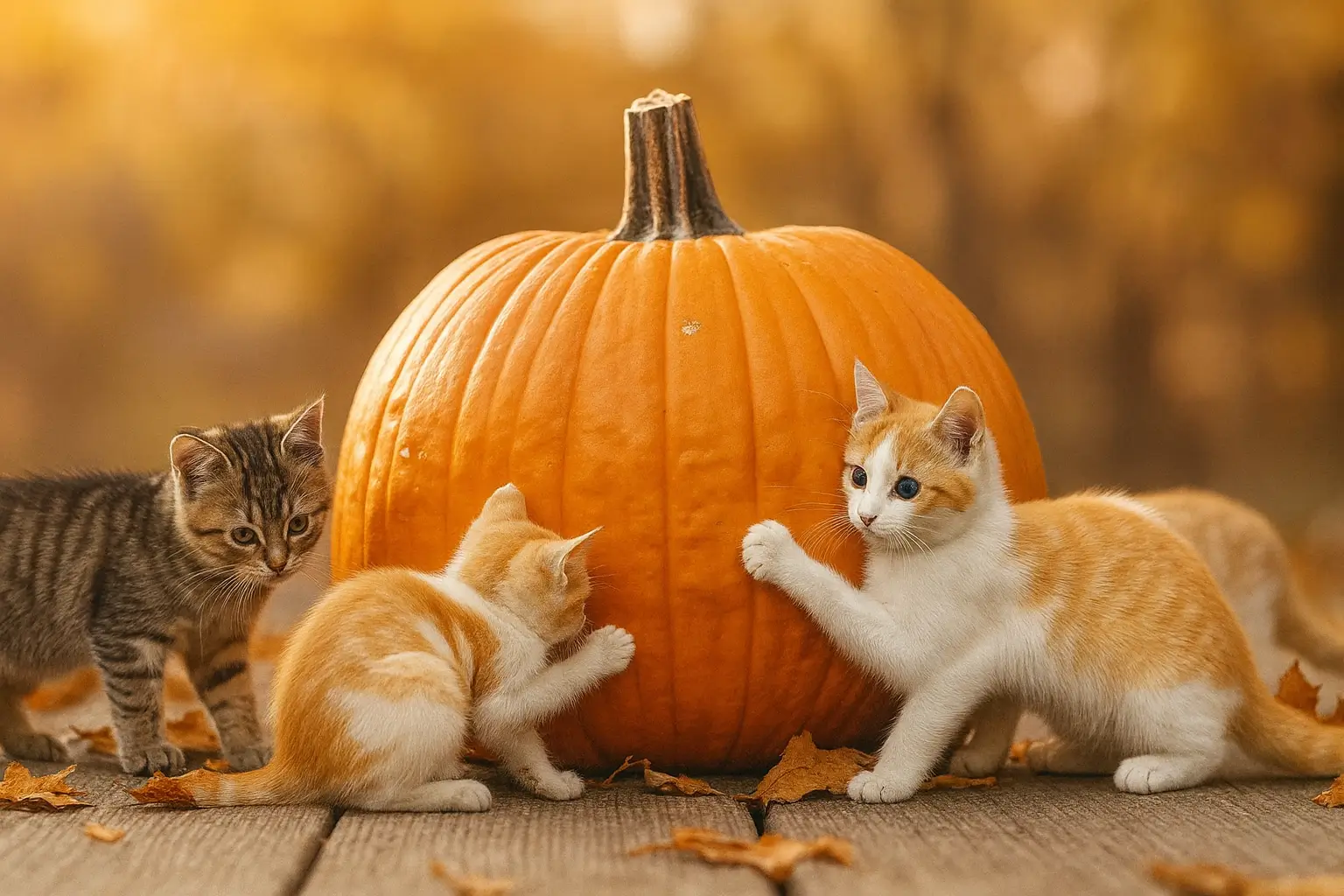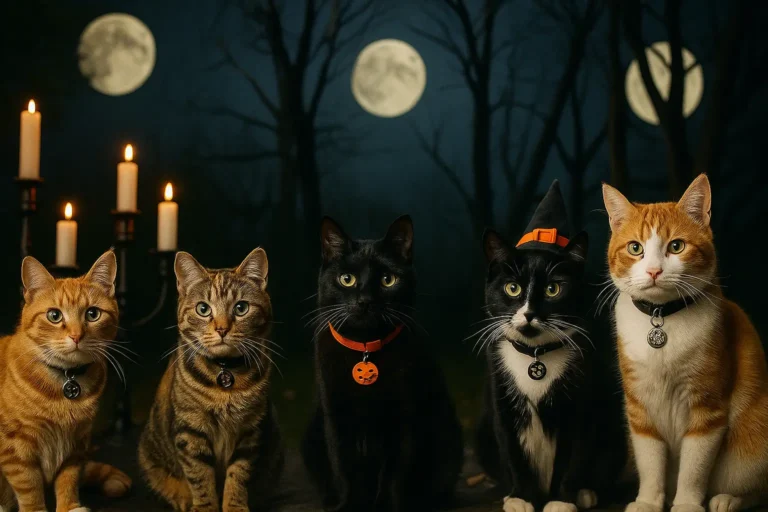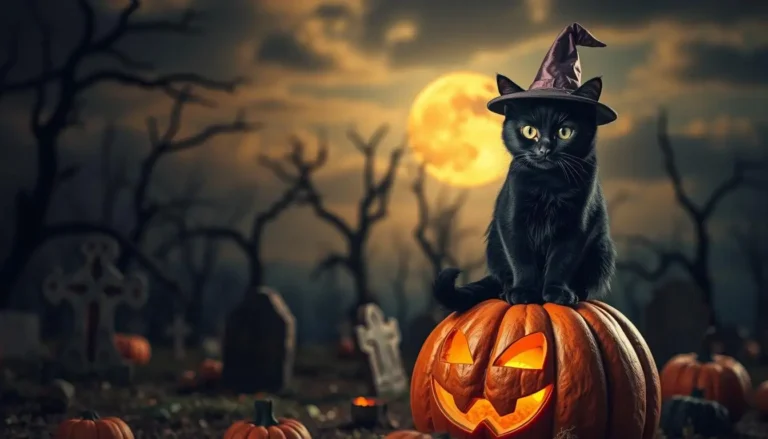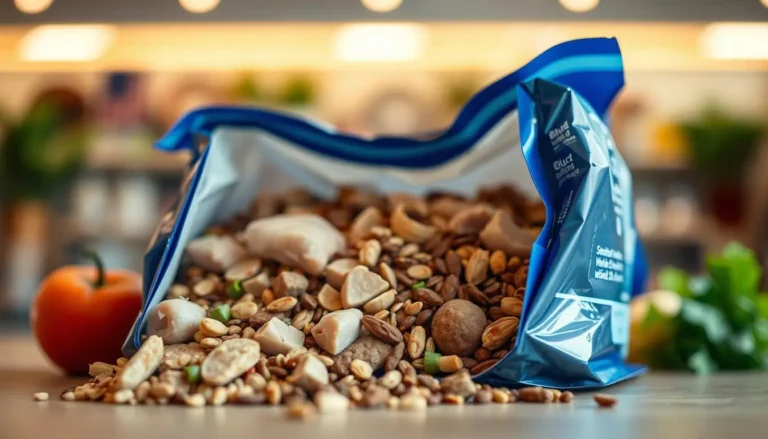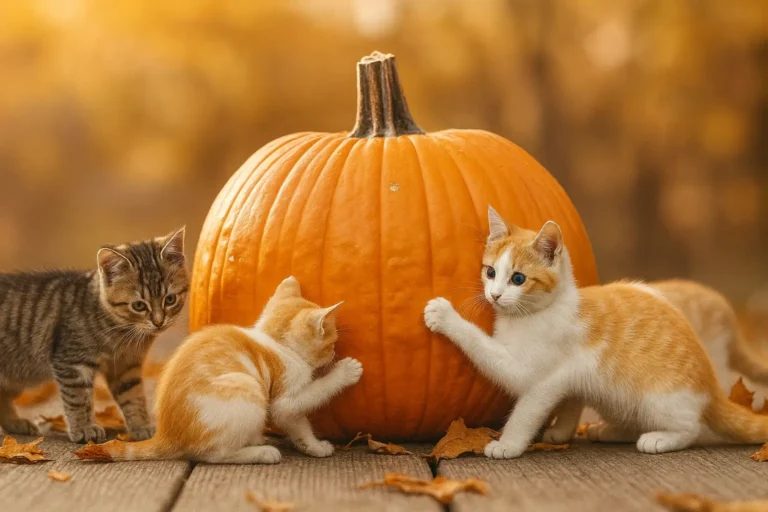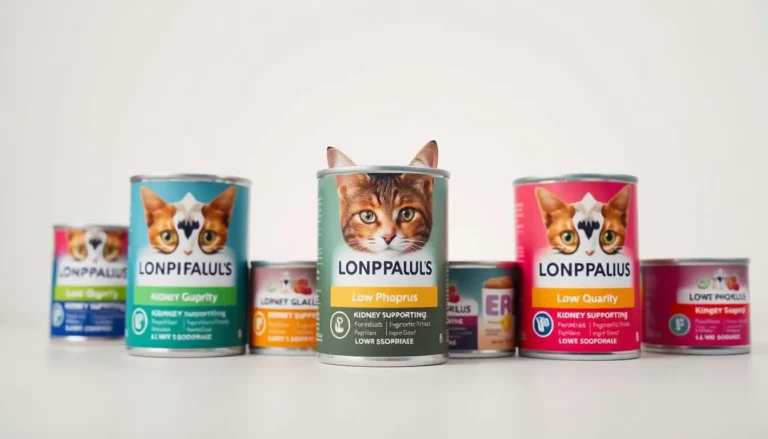can cats have pumpkin & is it safe? Safety Guide
As a cat nutrition specialist with over a decade of experience, I’ve answered countless questions from worried pet parents about what their feline companions can and cannot eat. One question that consistently pops up, especially during the autumn months, is can cats have pumpkin safely?
Table of Contents
I understand your concern. We love our cats like family members, and the last thing we want is to accidentally harm them with a well-intentioned treat. The good news? I’m here to put your mind at ease and guide you through everything you need to know about feeding pumpkin to your beloved feline friend.
In this comprehensive guide, we’ll explore the safety considerations, nutritional benefits, proper serving sizes, and potential risks associated with giving pumpkin to cats. By the end, you’ll feel confident about whether this orange superfood deserves a spot in your cat’s diet.
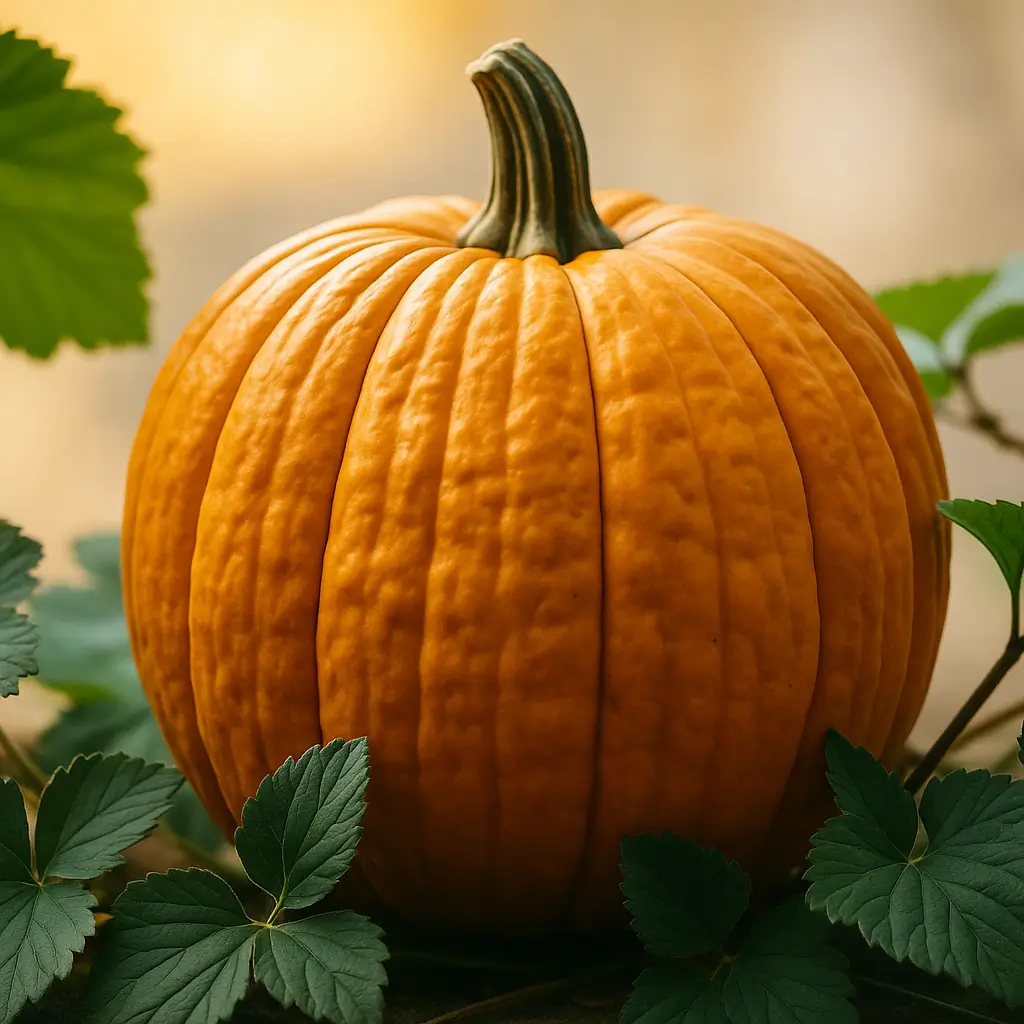
Can Cats Have Pumpkin Safely?
Yes, cats can have pumpkin, and it is generally safe when served plain and in moderation. Pure, cooked pumpkin without added sugars, spices, or preservatives offers digestive benefits for felines. It contains fiber that helps with both constipation and diarrhea, along with vitamins A, C, and E. Always introduce pumpkin gradually and consult your veterinarian for cats with underlying health conditions.
Why Pumpkin Is Considered a Safe Feline Snack
When we talk about safe cat rewards and nutritious additions to your pet’s diet, pumpkin stands out as one of the most veterinarian-recommended options. But why exactly has this humble squash earned such a stellar reputation in the feline nutrition world?
Natural Fiber Content
Pumpkin is remarkably rich in soluble and insoluble fiber. This combination works wonders for your cat’s digestive system, acting as a gentle regulator that can address multiple gastrointestinal issues simultaneously.
Low Calorie Profile
Unlike many commercial cat treats loaded with empty calories, pumpkin offers nutritional value without contributing to weight gain. For cats struggling with obesity, this makes pumpkin an excellent healthy kitty snack alternative.
Moisture-Rich Composition
Cats notoriously struggle with hydration. Pumpkin contains approximately 90% water, making it a sneaky way to increase your cat’s fluid intake naturally.
The Nutritional Benefits of Pumpkin for Cats
I’ve seen firsthand how incorporating pumpkin into a cat’s diet can transform their health. Let me walk you through the specific nutrients that make this vegetable so beneficial.
Essential Vitamins
- Vitamin A: Supports healthy vision, immune function, and skin health
- Vitamin C: Acts as an antioxidant protecting cells from damage
- Vitamin E: Promotes healthy skin and coat condition
- Beta-Carotene: Converts to vitamin A and provides additional antioxidant protection
Important Minerals
- Potassium: Essential for proper muscle function and nerve signaling
- Iron: Supports healthy blood cell production
- Zinc: Contributes to immune system strength and wound healing
Digestive Support Properties
The fiber content in pumpkin serves dual purposes. For constipated cats, it adds bulk to stools and promotes regular bowel movements. For cats experiencing diarrhea, the same fiber absorbs excess water and firms up loose stools.
How to Properly Serve Pumpkin to Your Cat
Understanding how to prepare pumpkin for felines correctly is crucial for safety. Not all pumpkin products are created equal, and choosing the wrong type could harm your cat.
Safe Pumpkin Options
| Pumpkin Type | Safe for Cats? | Notes |
|---|---|---|
| Plain canned pumpkin | ✅ Yes | Best option; ensure no added ingredients |
| Fresh cooked pumpkin | ✅ Yes | Must be thoroughly cooked and plain |
| Raw pumpkin | ⚠️ Caution | Difficult to digest; not recommended |
| Pumpkin pie filling | ❌ No | Contains sugar, spices, and harmful additives |
| Pumpkin seeds | ✅ Yes | Must be roasted, unsalted, and shell-free |
Recommended Serving Sizes
Starting slowly is essential when introducing any new food to your cat’s diet. I always recommend the following guidelines:
- Small cats (under 8 lbs): Start with ¼ teaspoon daily
- Medium cats (8-12 lbs): Begin with ½ teaspoon daily
- Large cats (over 12 lbs): Start with 1 teaspoon daily
Gradually increase over two weeks if your cat tolerates it well. Never exceed 1-2 tablespoons per day for any cat, regardless of size.
Preparation Methods
When preparing fresh pumpkin at home, follow these steps:
- Remove all seeds and stringy pulp from the pumpkin
- Cut the flesh into small cubes
- Steam or bake until completely soft (approximately 30-45 minutes)
- Mash thoroughly or puree until smooth
- Allow to cool completely before serving
- Store unused portions in the refrigerator for up to one week
When Pumpkin Can Help Your Cat
Throughout my career, I’ve recommended pumpkin as a natural digestive remedy for cats in numerous situations. Here are the most common scenarios where pumpkin proves beneficial.
Constipation Relief
If your cat is straining in the litter box or producing hard, dry stools, pumpkin’s fiber can provide gentle relief. The soluble fiber draws water into the digestive tract, softening stools naturally.
Diarrhea Management
Surprisingly, the same fiber that helps constipation also addresses diarrhea. It absorbs excess moisture in the intestines, helping to normalize stool consistency.
Hairball Prevention
Cats who struggle with frequent hairballs often benefit from regular pumpkin supplementation. The fiber helps move hair through the digestive system more efficiently, reducing uncomfortable regurgitation.
Weight Management Support
For overweight cats, replacing a portion of their regular food with low-calorie pumpkin creates a feeling of fullness without excessive calories. Always consult your veterinarian before modifying your cat’s diet for weight loss.
Potential Risks and Warning Signs
While pumpkin is generally safe, we must address potential concerns honestly. As responsible cat parents, we need to recognize when pumpkin might cause problems.
Allergic Reactions
Though rare, some cats may develop allergies to pumpkin. Watch for these symptoms:
- Excessive scratching or skin irritation
- Vomiting or diarrhea after consumption
- Swelling around the face or mouth
- Difficulty breathing (seek emergency care immediately)
Overconsumption Issues
Too much pumpkin can cause problems. Excessive fiber intake may lead to:
- Severe diarrhea or loose stools
- Abdominal discomfort and bloating
- Nutrient absorption interference
- Decreased appetite for regular food
Cats Who Should Avoid Pumpkin
Certain cats should not consume pumpkin without veterinary approval:
- Diabetic cats (pumpkin contains natural sugars)
- Cats with kidney disease
- Cats on prescription diets
- Kittens under 8 weeks old
Dangerous Pumpkin Products to Avoid
⚠️ Critical Warning: Not all pumpkin products are safe for cats. Some can be toxic or harmful.
Pumpkin Pie Filling
This commercial product contains nutmeg, cinnamon, cloves, and added sugars that can harm your cat. Nutmeg, in particular, contains myristicin, which is toxic to felines.
Flavored or Spiced Pumpkin Products
Any pumpkin product marketed for human consumption likely contains additives unsafe for cats. Always read labels carefully.
Pumpkin with Xylitol
Some specialty pumpkin products contain xylitol, an artificial sweetener extremely toxic to animals. Even small amounts can cause life-threatening complications.
Jack-o’-Lanterns
Decorative pumpkins may have been treated with preservatives, paint, or other chemicals. Never feed your cat pieces from carved pumpkins.
Incorporating Pumpkin Into Your Cat’s Diet
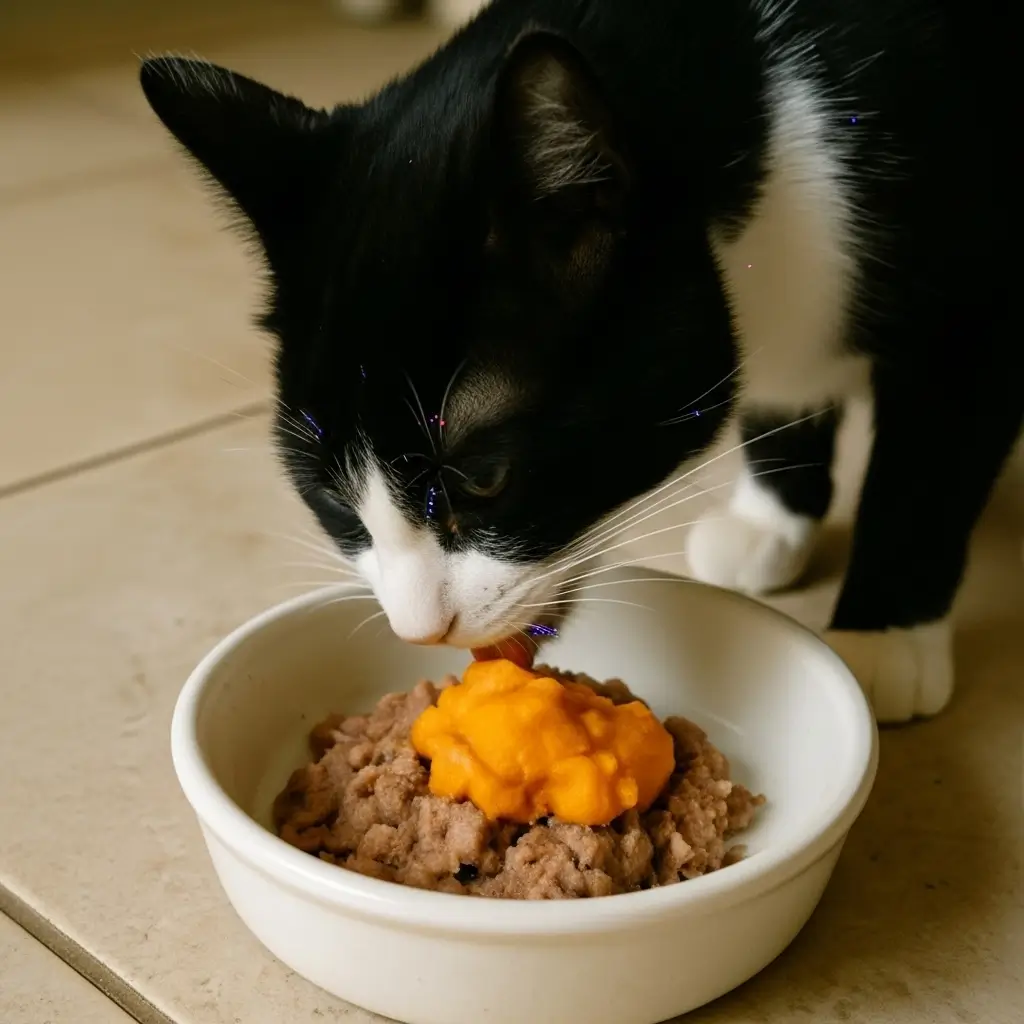
Making pumpkin appealing to finicky felines requires creativity. Here are some DIY kitty treat ideas I’ve successfully used with countless cats.
Pumpkin Puree Topper
Simply add a small amount of plain pumpkin puree to your cat’s regularwet food. Mix thoroughly for picky eaters who might otherwise avoid new additions.
Frozen Pumpkin Treats
Fill ice cube trays with pumpkin puree and freeze. These make refreshing summer treats that also support dental health through gentle chewing.
Pumpkin and Protein Mix
Combine a teaspoon of pumpkin with a tablespoon of plain, cooked chicken for an irresistible nutritious feline snack that provides both fiber and protein.
Signs Your Cat Tolerates Pumpkin Well
After introducing pumpkin, watch for positive indicators:
- Normal, healthy stool consistency
- No vomiting or gastrointestinal distress
- Maintained or improved appetite
- Consistent energy levels
- No skin irritation or excessive grooming
If you observe these positive signs, your cat likely tolerates pumpkin beautifully.
Consulting Your Veterinarian
While I’ve shared my expertise on pumpkin for cat digestive health, nothing replaces personalized veterinary advice. Your cat’s individual health profile matters enormously.
Schedule a conversation with your veterinarian before adding pumpkin if your cat:
- Takes any medications
- Has chronic health conditions
- Is very young or elderly
- Has experienced digestive issues previously
Frequently Asked Questions
How much pumpkin can I give my cat daily?
Most healthy adult cats can safely consume 1-2 teaspoons of plain pumpkin daily. Start with smaller amounts and increase gradually over two weeks. Never exceed 1-2 tablespoons daily, as excessive fiber can cause digestive upset.
Can kittens eat pumpkin?
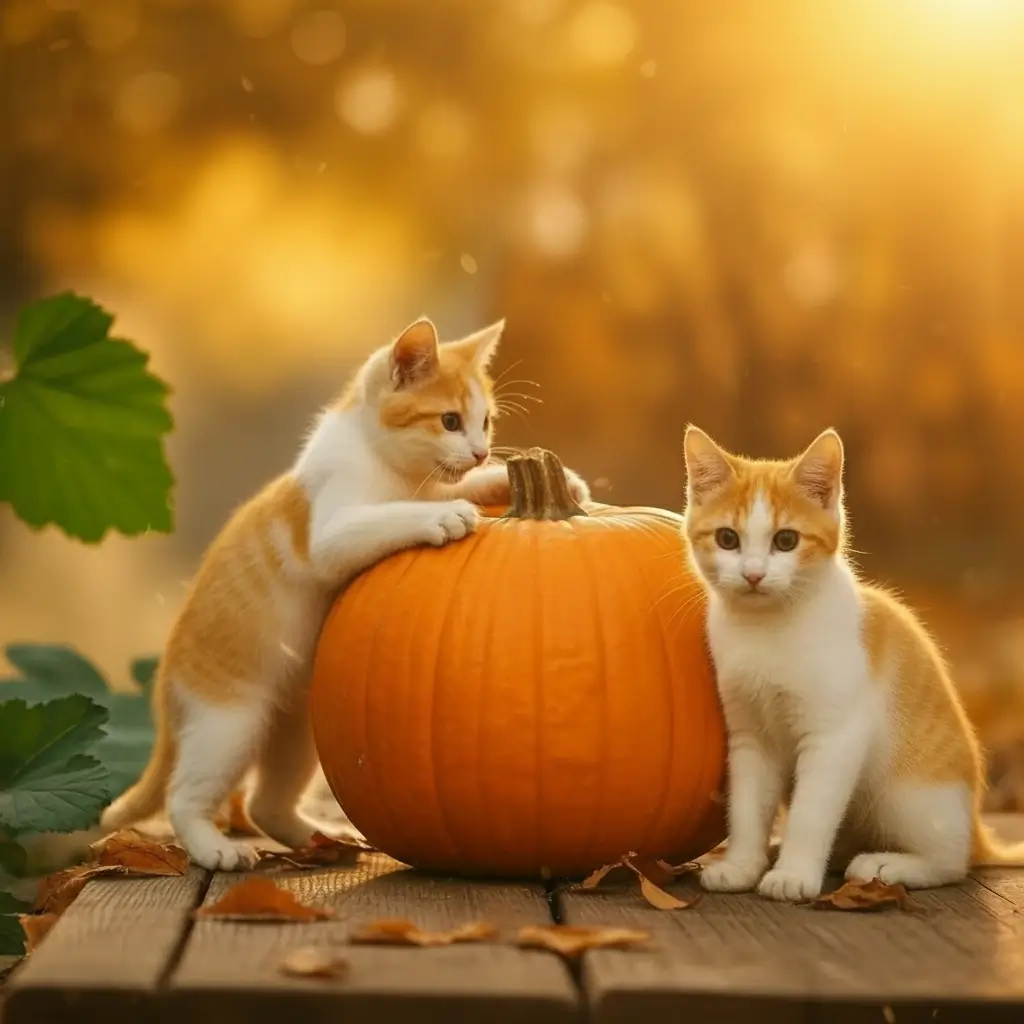
Kittens over 8 weeks old can have tiny amounts of pumpkin (around ⅛ teaspoon) occasionally. However, kittens have sensitive digestive systems and specific nutritional needs. Always consult your veterinarian before introducing pumpkin to young cats.
How long does it take for pumpkin to help with cat constipation?
Typically, you’ll notice improvement within 24-48 hours of consistent pumpkin supplementation. If your cat shows no improvement after 48-72 hours, or if symptoms worsen, contact your veterinarian immediately.
Can I give my cat pumpkin every day?
Yes, daily pumpkin consumption is safe for most healthy cats when given in appropriate amounts. Many cat owners successfully incorporate small amounts of pumpkin into their cat’s regular feeding routine for ongoing digestive support.
What’s the difference between canned pumpkin and pumpkin pie filling?
Canned pumpkin is pure, plain pumpkin with no additives. Pumpkin pie filling contains sugar, spices (including potentially toxic nutmeg), and preservatives. Only plain canned pumpkin is safe for cats. Always check the ingredient list to ensure you’re purchasing the correct product.
Conclusion
So, can cats have pumpkin safely? Absolutely! When prepared correctly and served in appropriate portions, pumpkin offers remarkable benefits for your feline companion’s digestive health, hydration, and overall nutrition.
Throughout my years helping cat parents navigate feline nutrition, I’ve seen pumpkin work wonders for cats struggling with constipation, diarrhea, hairballs, and weight management. It’s one of nature’s most gentle and effective safe cat rewards available.
Remember the golden rules: choose plain, pure pumpkin without additives, start with small amounts, monitor your cat’s response carefully, and always consult your veterinarian if concerns arise. Your cat’s health and happiness depend on informed, loving choices—and now you’re equipped to make them confidently.
Here’s to happy, healthy cats and the joy they bring to our lives!

